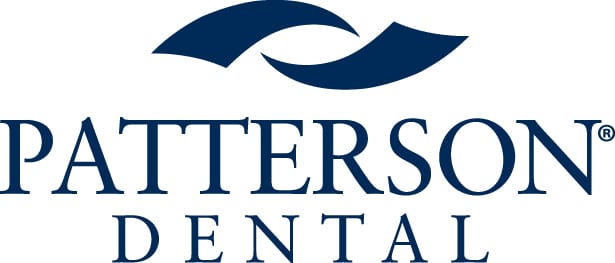When patients come to your office, they know who they think you are. They assume you not only have an undergrad degree but continued your education for another four years and graduated from an accredited dental school.
You might have even continued further to a GPR or residency program. You have a thorough understanding of oral health and all the factors that impact it.
You know how to diagnose, treat, and when needed, refer out any cases that may be beyond your scope of practice or comfort.
Their smile is important and they trust you, Dr. Dentist, to fix it!
But beware of the financial services industry where expectations are similar — without the same uniform education supporting it. At this time, titles in the industry are not regulated which often leads to confusion in terms of who people are, what they do, and how they make their money.
So let’s take a look at four of the most common people you will come across. While all of them have their place, it is crucially important for you to understand the differences so you do not expect more than what they can deliver (and if you read to the end we will share an easy cheat code to help decipher which category they fall in).
1. Insurance Agent
Insurance agents can usually offer a wide variety of products but, make no mistake, they get paid to sell their company’s insurance policies.
- Market too high? You need life insurance.
- Market too low? Insurance will solve it.
- Don’t need insurance now? How about a small policy and I’ll call you every year on the anniversary date to see if you need more yet.
Many have annual quotas or minimums they have to sell to maintain their contracts, qualify for benefits, or win that big award trip.
Additionally, insurance agents do not have to be licensed to sell other products so an insurance policy may be the only solution they can offer, no matter your problem. They often use “financial advisor” and “financial services representative” titles.
2. Product Pusher
Often found in strip malls, their business model is set to push products. They often have a wider portfolio of options than insurance agents, but you can expect a hard sell to get you to try to buy something.
Most Product Pushers get paid solely on commission so that means they tend to prefer products that carry higher commission rates.
Some annuities and old-school A share mutual funds often have internal commissions so you may not even be aware of the charges you are incurring. Most use the “Financial Advisor” title.
3. Wealth Manager
Wealth managers are what most people think of when they think of the industry. They use risk profiles, age, and goals to design investment portfolios for their clients.
They often require a minimum amount of investable assets and charge a percentage of them as their fee. On one hand, they are incentivized to help grow your money (“we make more when our clients make more”) but on the other, they may invest overly-conservative to avoid huge gains and losses, with a goal of retaining as many clients as possible.
This is where you tend to see more letters and designations on their business cards.
4. Fee-Only Planner
In the simplest explanation, fee-only planners charge clients a fee to give advice. No sales, no commissions, no assets under management.
While it sounds simple, it often takes hours to get all the information needed from clients to be able to analyze it all. When the process is complete clients are usually on their own to implement the actions needed, but fee-only planners should not have any incentive to recommend one product, company, or plan over any other.
In Conclusion
So how do you know what you need, and who you are working with? Here’s the cheat code referenced above.
Go to their company website, on the main page, or on the “disclosure” page (scroll down to the bottom) there should be a few paragraphs of small print.
READ THEM.
They will tell you if a company is independent, or if they are “affiliated with or wholly owned subsidiary of XYZ insurance company.’
Before you hand anyone a dollar of your hard-earned money make sure you know exactly who you are working with as there are no white coats in the financial planning world.
Keep Reading: Dentist Disability Insurance


